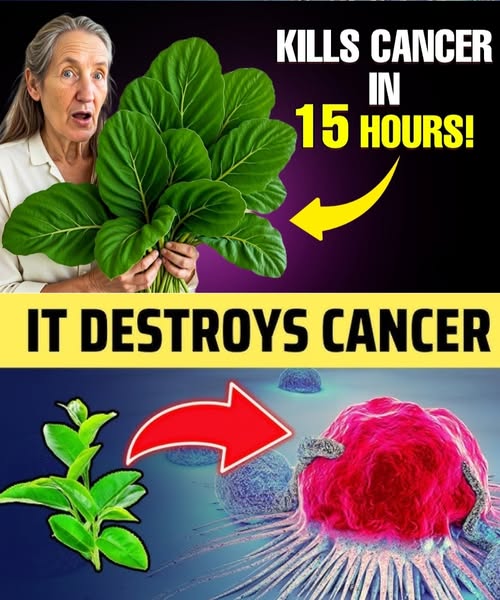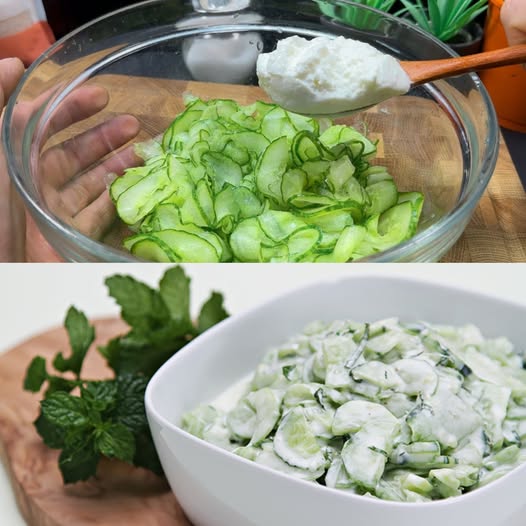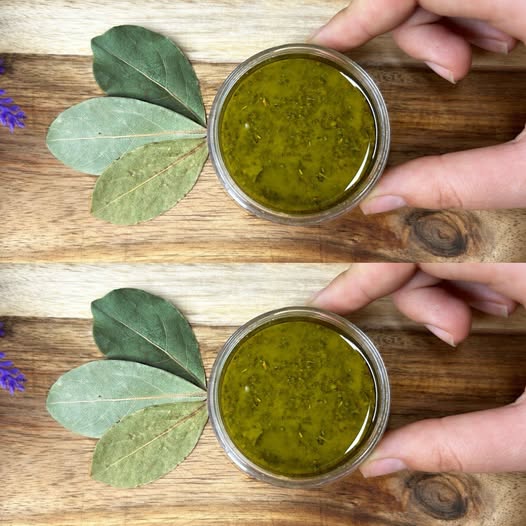Introduction: A Silent Breakthrough in Nature’s Pharmacy

What if we told you that one of the most powerful cancer-fighting agents in the world is not a pharmaceutical drug—but a leaf? Yes, a simple leaf that grows naturally in several regions across the globe is showing groundbreaking potential to destroy cancer cells. Despite its effectiveness, this natural remedy remains shockingly under the radar. Why? And more importantly—what is it?
In this post, we’ll uncover the truth about Graviola, also known as soursop—a leaf that scientific studies suggest may have the power to combat cancer at its root. We’ll explore what makes this leaf so potent, the science behind its effects, how to use it, potential side effects, and why the pharmaceutical industry may not want you to know about it.
If you’re looking for an alternative, research-backed supplement to support your health or enhance your wellness routine, this is a blog you won’t want to miss.
Section 1: Meet Graviola – The Cancer-Destroying Leaf
What Is Graviola (Soursop)?
Graviola, or Annona muricata, is a tropical plant found in parts of South America, Southeast Asia, and the Caribbean. Its fruit is known for its sweet flavor, but it’s the leaf that’s stealing the spotlight in the medical world. Known in traditional medicine for centuries, Graviola leaves have been used to treat infections, inflammation, and now — as emerging studies suggest — cancer.
Section 2: Scientific Backing – Does Graviola Really Kill Cancer Cells?
Yes, and Here’s the Evidence:
A 2008 study published in the journal Cancer Letters revealed that acetogenins—a powerful group of compounds found in Graviola leaves—can inhibit the growth of cancer cells while leaving healthy cells untouched. That’s something chemotherapy cannot promise.
Another study from Purdue University showed that Graviola extract selectively targeted and killed pancreatic, breast, colon, lung, and prostate cancer cells. In fact:
🔬 Graviola extract was found to be 10,000 times more effective than a leading chemotherapy drug (Adriamycin) in lab tests.
These statistics are nothing short of shocking—and yet, this leaf remains underutilized and underreported.
Section 3: Why No One Is Talking About It
1. Lack of Patentability
Natural compounds cannot be patented. That means pharmaceutical companies can’t monetize Graviola the same way they do with synthetic drugs. Result? Low funding and minimal exposure.
2. Threat to Chemotherapy Profits
The global chemotherapy market is worth over $40 billion annually. If a natural, inexpensive leaf could reduce reliance on these drugs, the financial impact would be massive—and disruptive.
3. Regulatory Hurdles
Despite positive lab results, human clinical trials are limited. Without official FDA backing, Graviola remains labeled as a “supplement,” not a treatment.
Section 4: How Graviola Works – The Science Explained Simply
Graviola leaves contain a unique group of chemicals called annonaceous acetogenins. These compounds:
- Block ATP production in cancer cells (ATP is the energy source of all cells)
- Induce apoptosis, or programmed cell death
- Inhibit enzymes specific to cancer cell membranes
- Prevent cancer cell duplication
The remarkable part? Graviola spares healthy cells, unlike chemotherapy, which attacks all rapidly dividing cells—including hair follicles, digestive cells, and white blood cells.
Section 5: Frequently Asked Questions (FAQs)
Q1: Can I drink Graviola leaf tea daily?
Yes, many people consume Graviola tea made from dried leaves. Limit intake to 1–2 cups a day, and take periodic breaks to avoid buildup of alkaloids.
Q2: Which cancers does Graviola help with?
Lab studies suggest potential benefits for:
- Breast cancer
- Pancreatic cancer
- Colon cancer
- Liver cancer
- Prostate cancer
- Lung cancer
However, human clinical evidence is still limited.
Q3: Are there any side effects?
Yes. In large doses or prolonged use, Graviola may:
- Affect nerve function
- Lead to neurological symptoms similar to Parkinson’s disease
- Cause nausea or digestive discomfort
Consult a health professional before use—especially if you’re pregnant, breastfeeding, or on medications.
Q4: Where can I buy Graviola leaves or extract?
You can find dried Graviola leaves, powders, capsules, or tinctures in health food stores, online herbal shops, or Amazon. Always buy from reputable sources.
Section 6: How to Use Graviola for Maximum Benefit
1. Graviola Leaf Tea
- Boil 10–15 leaves in 1 liter of water
- Simmer for 30 minutes
- Drink 1–2 cups daily
2. Graviola Capsules or Powder
- Follow dosage instructions on the label
- Ensure product is organic and lab-tested
3. Tincture
- Use as a concentrated extract
- Add a few drops to water or tea
✅ Pro Tip: Combine with turmeric or black seed oil for enhanced anti-inflammatory and antioxidant effects.
Section 7: Graviola vs. Chemotherapy – What Sets It Apart
| Feature | Graviola Leaf | Chemotherapy |
|---|---|---|
| Selective to Cancer Cells | ✅ Yes | ❌ No |
| Side Effects | Minimal (in small doses) | Severe |
| Cost | Low | Extremely High |
| Natural Source | ✅ | ❌ |
| FDA-Approved | ❌ No | ✅ Yes |
While Graviola isn’t a replacement for standard treatment, it may serve as a complementary therapy or preventive supplement.
Section 8: Real Stories – The Testimonials You Should Know
🌿 Maya, 47 (Breast Cancer Survivor):
“I started using Graviola leaf tea alongside my treatment. My recovery time was shorter than expected, and I felt stronger. I don’t know if it was the tea—but I believe it played a role.”
🌿 Ade, 55 (Colon Cancer Patient):
“After two months of drinking Graviola tea, my scans showed slower tumor growth. My doctor was surprised.”
⚠️ These are anecdotal reports and not clinical evidence—but they reflect a growing interest in natural alternatives.
Section 9: What the Medical Community Says
While most oncologists don’t formally prescribe Graviola, some integrative medicine practitioners acknowledge its potential value in:
- Supporting immune health
- Reducing inflammation
- Enhancing overall wellness during conventional treatment
A 2022 review in Phytotherapy Research concluded that Graviola’s anti-cancer properties warrant further investigation, particularly in multi-targeted cancer therapy approaches.
Section 10: The Bottom Line – Should You Try Graviola?
If you’re:
- Looking for natural support during cancer treatment
- Interested in alternative cancer prevention strategies
- Exploring powerful antioxidant-rich plants
… then Graviola may be worth your consideration.
But don’t go it alone. Always consult your physician or an integrative health expert before starting any new supplement—especially when dealing with something as serious as cancer.
Conclusion: Nature’s Cancer-Fighting Secret Deserves the Spotlight
In a world dominated by pharmaceuticals and high-cost treatments, the idea that a simple tropical leaf could destroy cancer cells feels almost too good to be true. But the science behind Graviola is real, and its potential is undeniable.
We may not have all the answers yet—but one thing is certain: we can no longer afford to ignore nature’s hidden arsenal. With growing interest in holistic healing, functional medicine, and natural remedies, it’s only a matter of time before this miraculous leaf gets the attention it deserves.
🌿 Take the first step. Explore. Learn. Share. The next chapter in cancer research might just begin with a leaf.


